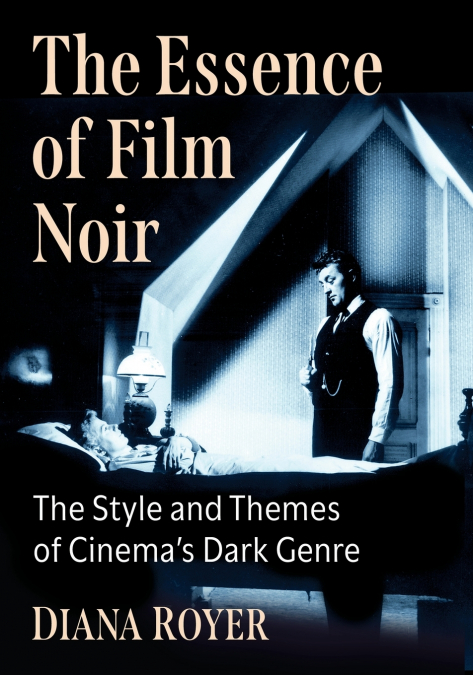
Diana Royer
American classic films noir, beginning with 1941’s The Maltese Falcon and ending with 1950’s Sunset Boulevard, and the neo-noir films made from the 1970s onward, share certain thematic aspects, stylistic qualities, and cultural contexts. Their concern with politics, their depiction of con artists, and the way their characters are shaped by America’s puritanical religious roots show that these films are examples of a unique American genre, even when the films’ directors are German emigres with artistic roots in European Expressionism. The films’ psychological depth is revealed stylistically through complex narratives, with select directors generating visual poetry as they deal with sex, violence and betrayal. Some films are based on popular novels inspired by true crime cases. A unique approach to film noir scholarship, this book discusses the genre’s thematic aspects, cultural contexts and stylistic qualities. For those films based upon novels, in-depth analysis of the fiction is provided alongside the film version, resulting in a fuller, more thorough understanding of the genre.